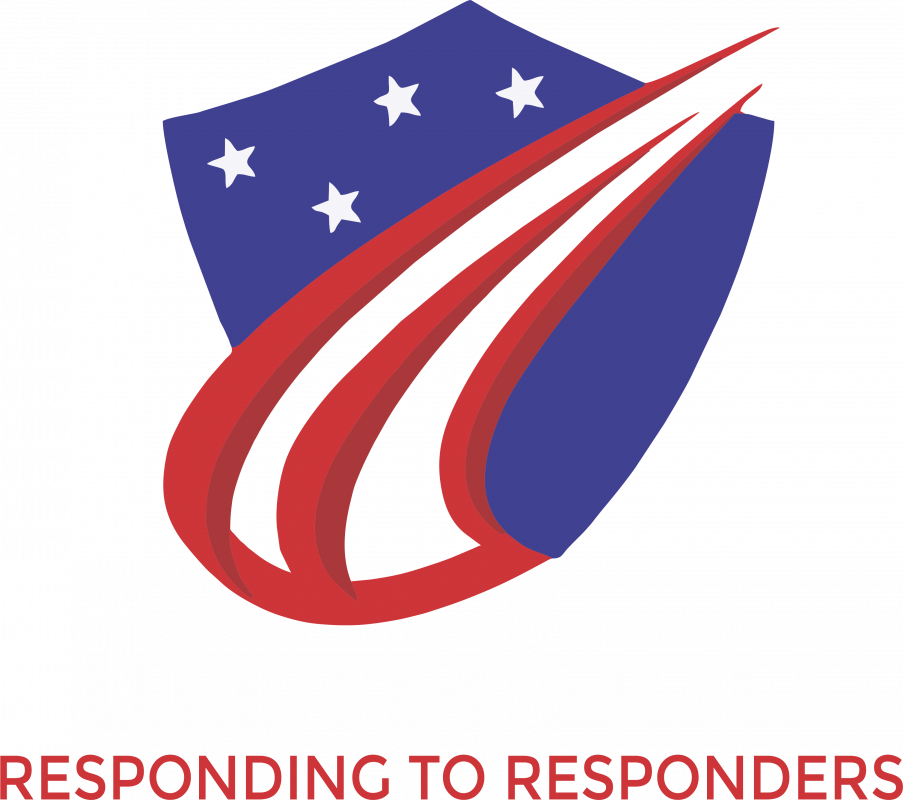In The Problem of Pain, C.S. Lewis wrote something that hits deep for many in the first responder community:
“Mental pain is less dramatic than physical pain, but it is more common and also harder to bear. The frequent attempt to conceal mental pain increases the burden: it is easier to say, ‘My tooth is aching’ than to say, ‘My heart is broken.’”
And it’s true.
As first responders, we are expected to walk into chaos and remain calm. To witness trauma and stay composed. To see things that would crush most people—and then head home and sit at the dinner table like nothing ever happened.
So we get good at compartmentalizing. At hiding the hurt. At saying, “I’m fine,” even when we’re not.
But there’s a cost.
That unspoken weight builds. The silent wounds deepen. And far too often, they go untreated until it’s too late.
The stigma surrounding mental health in the first responder world is real. We whisper about therapy. We avoid saying the word “depression.” We joke about trauma to keep it from getting too real. Because saying “My heart is broken” feels like admitting defeat.
But it’s not defeat. It’s honesty. And honesty is the first step toward healing.
We must create a culture where it’s not just acceptable to speak up—but encouraged. Where we check on each other not just after a tough call, but on a regular Tuesday. Where asking for help is seen as an act of courage, not weakness.
To every first responder carrying invisible pain: You’re not alone. You don’t have to keep it bottled up. And you don’t have to fight it in silence.
Let’s make it easier to say, “I need help.” Let’s make it okay to say, “I’m not okay.”
Because your mental health matters just as much as your physical safety—and it always will.
— With You
